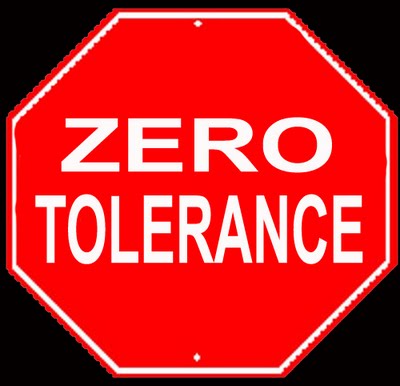Do you have anything more to remove in order to achieve your perfect design? What’s next on your hit list?
Lost Virtues
Virtue and eccentricity, I hear you asking, what’s the link? Is there one?
There is. Follow me, not into the dark forest of Stygian gloom, but into the sun-dappled meadows where virtues frolick with daisies in their hair, while eccentrics play diversion on a penny-whistle and grave-faced philosophers play hopscotch on the lawn.
John Stuart Mill asserted that eccentricity and moral courage went together. Maya Angelou said that “courage is the most important of all the virtues, because without courage you can’t practice any other virtue consistently.” Eccentricity -> courage -> virtue. Start with a funny hat and work your way up to defying the evils of your time.

In fact, virtuousness is itself becoming increasingly eccentric – as the moral centre of society moves away from virtue, virtue becomes necessarily off-centre. The modern world seems to have only one virtue: tolerance.
But tolerance is not a virtue.
Hear me out. Being tolerant can be a good and right thing to do, such as when someone insists on telling you all about this amazing new wonder-diet they’re on that will bring about world peace if people will only try it, and you tolerantly don’t attempt to smack the stupid right off them. But it can also be a wrong and evil thing to do, which naturally debars it from being a virtue. Consider: when elements of the Roman Catholic hierarchy covered up the abuse perpetrated by those in their own ranks, they were tolerating the abuse, tolerating something which should be intolerable to all, and not only to its victims.
Tolerance. Not always good. Not a virtue.

The reason I chose the example of child abuse (and my apologies to anyone who finds mentions of it traumatic) is because in this heyday of moral relativism it is one of the few things that most people are prepared to agree is a bad thing. Well, I’m going to take the courage of my convictions (happily, no sentence yet) and say that there are some things which are good, and some bad, and some better than others. And because I do not wish to be a Negative Nellie, instead of dwelling on the bad, I intend to look at the good: the virtues.
And they are good. Virtues get a bad rap (because vices have better PR). Virtuousness is seen as priggish, boring and smug – even life-denying. This is the complete opposite of the truth. As Agatha Christie pointed out in The Pale Horse, evil is “necessarily always more impressive than good. It had to make a show!” This is why things like smoking and gambling have such big advertising budgets. It’s all in the presentation. If you stuck with the plain facts of the matter, there’d be no takers. Virtue is less flashy, but then, real gold doesn’t glitter; and it certainly doesn’t flash like neon.

So, during the next year or thereabouts, I want to have a look at a few of the glorious virtues which we seem to have devalued and scrapped. Humility. Modesty. Loyalty. Gentleness. Moderation. Self-control. We might even have a look at Bissonomy and Tubso. But don’t worry, this blog isn’t going to suddenly become all ethics all the time – eccentrics and aesthetics must have their share of the fun too. (The Eccentric Ethic & Æsthetic: does what it says on the tin.)
And it will be fun. Because there is right and there is wrong, and if your life of right is grey and dreary, you are doing it wrong.
The Connotation of Virtue
What does “virtue” mean to you?
All right, maybe not what does it mean – I do know how to use a dictionary – but how does it feel? What is the flavour of the thought that rises? Never mind the denotation, in fact, but tell me the connotation.
Is “virtues” any different? Or “virtuous”?

